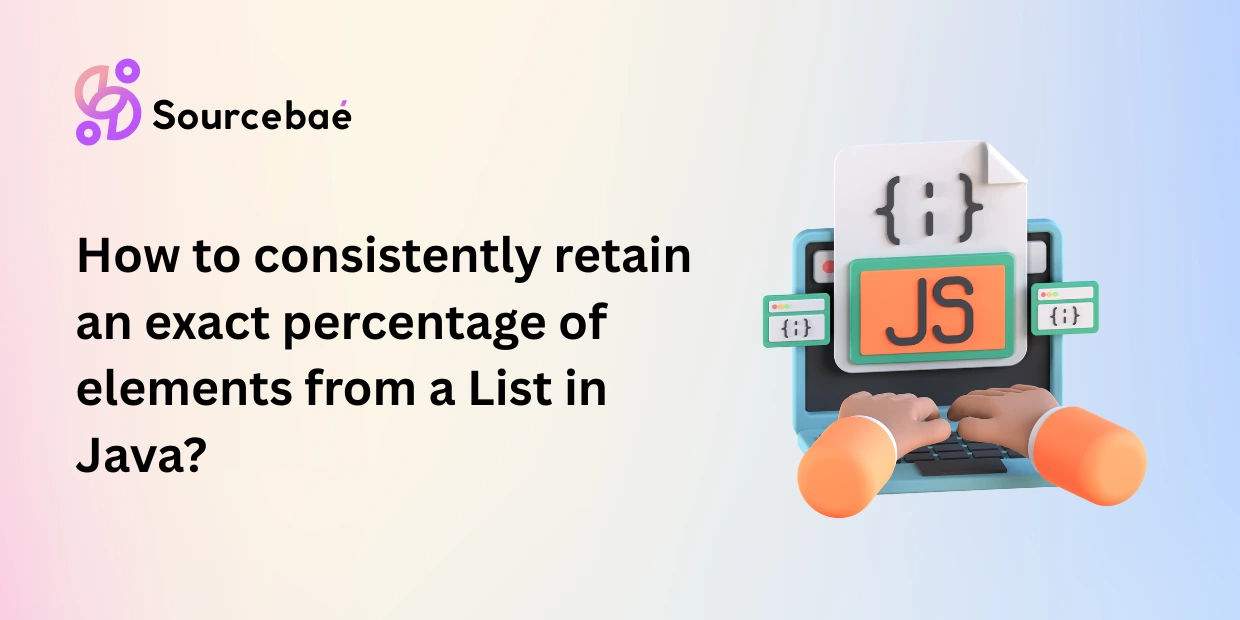Who is Eligible for Java Developer?
Are you intrigued by the world of coding and software development? Do you have a passion for crafting powerful applications and solutions? If so, pursuing a career as a Java Developer might be the perfect fit for you. In this guide, we will break down the essential criteria for becoming a successful Java Developer, from the necessary qualifications and skills to the practical experiences that can set you on the path to success.
Java Developers play a crucial role in designing and implementing Java-based applications and software. As such, the eligibility criteria for this role involve a blend of educational background, technical expertise, and a passion for continuous learning. Below, we delve into the specifics that make a candidate eligible for a Java Developer position:
1. Educational Qualifications Matter
To embark on the journey of becoming a Java Developer, a strong educational foundation is essential. Most employers require a minimum of a bachelor’s degree in computer science, software engineering, or a related field. LSI Keyword: computer programming degree
2. Proficiency in Java Programming
As a Java Developer, your mastery of the Java programming language is paramount. You should be well-versed in Java syntax, object-oriented principles, and be able to write efficient and clean code. LSI Keyword: Java programming skills
3. Familiarity with Software Development Tools
Java Developers work with a plethora of tools, such as integrated development environments (IDEs), version control systems, and debugging tools. Proficiency in tools like Eclipse, IntelliJ IDEA, and Git showcases your readiness for the role. LSI Keyword: software development tools
4. Understanding of Data Structures and Algorithms
Sound knowledge of data structures and algorithms is crucial for optimizing code performance and creating robust applications. Java Developers should be able to implement algorithms and manipulate data effectively. LSI Keyword: data structure and algorithms
5. Web Development Skills
In today’s digital landscape, web development is a sought-after skill. Familiarity with web technologies like HTML, CSS, and JavaScript can enhance your capabilities as a Java Developer. LSI Keyword: web development for Java Developers
6. Database Management Proficiency
Java applications often interact with databases. An understanding of database management systems, SQL, and data modeling is advantageous for creating dynamic and data-driven applications. LSI Keyword: Java database connectivity
7. Problem-Solving Attitude
Java Developers frequently encounter complex challenges. A problem-solving attitude, coupled with a knack for troubleshooting and debugging, is crucial for overcoming obstacles in your coding journey. LSI Keyword: problem-solving skills for Java Developers
8. Continuous Learning and Adaptability
Technology evolves rapidly, and Java Developers must stay up-to-date with the latest trends and updates. Demonstrating a willingness to learn and adapt to new technologies showcases your commitment to excellence. LSI Keyword: continuous learning for Java Developers
9. Collaboration and Communication
Effective collaboration is key to successful software development. Clear communication skills and the ability to work harmoniously in a team environment are highly valued by employers. LSI Keyword: collaboration skills for Java Developers
10. Building a Strong Portfolio
While not a strict requirement, having a portfolio of personal projects or contributions to open-source projects can demonstrate your practical skills and dedication to the field. LSI Keyword: Java Developer portfolio
FAQs about Eligibility for Java Developer
Q: Is a degree in computer science mandatory for becoming a Java Developer?
A: While a degree in computer science is often preferred by employers, it is not always mandatory. Practical skills and expertise in Java programming are equally important.
Q: Can I become a Java Developer without prior coding experience?
A: While prior coding experience can be beneficial, it is not a strict prerequisite. Dedication to learning, coupled with a passion for programming, can help you succeed in this role.
Q: What are the key responsibilities of a Java Developer?
A: Java Developers are responsible for designing, developing, and testing Java-based applications, troubleshooting issues, and collaborating with cross-functional teams.
Q: How can I showcase my Java programming skills to potential employers?
A: Building a portfolio of personal projects, contributing to open-source projects, or obtaining relevant certifications can effectively showcase your Java programming skills.
Q: Are there opportunities for career growth as a Java Developer?
A: Absolutely! Java Developers can progress to senior developer roles, software architect positions, or even transition into roles like technical lead or project manager.
Q: What programming languages complement Java development skills?
A: Languages like Python, JavaScript, and C++ can complement Java development skills and expand your versatility as a developer.
In Conclusion
Becoming a Java Developer is an exciting and rewarding journey that requires a blend of technical expertise, continuous learning, and a problem-solving mindset. By acquiring the necessary qualifications, honing your programming skills, and embracing lifelong learning, you can position yourself as an eligible and exceptional Java Developer in the competitive tech industry.
If you’re ready to embark on this exhilarating career path, remember that dedication and passion are your greatest assets. So, gear up to code, innovate, and shape the digital world as a Java Developer!
SOURCEBAE: HIRE JAVA DEVELOPER






